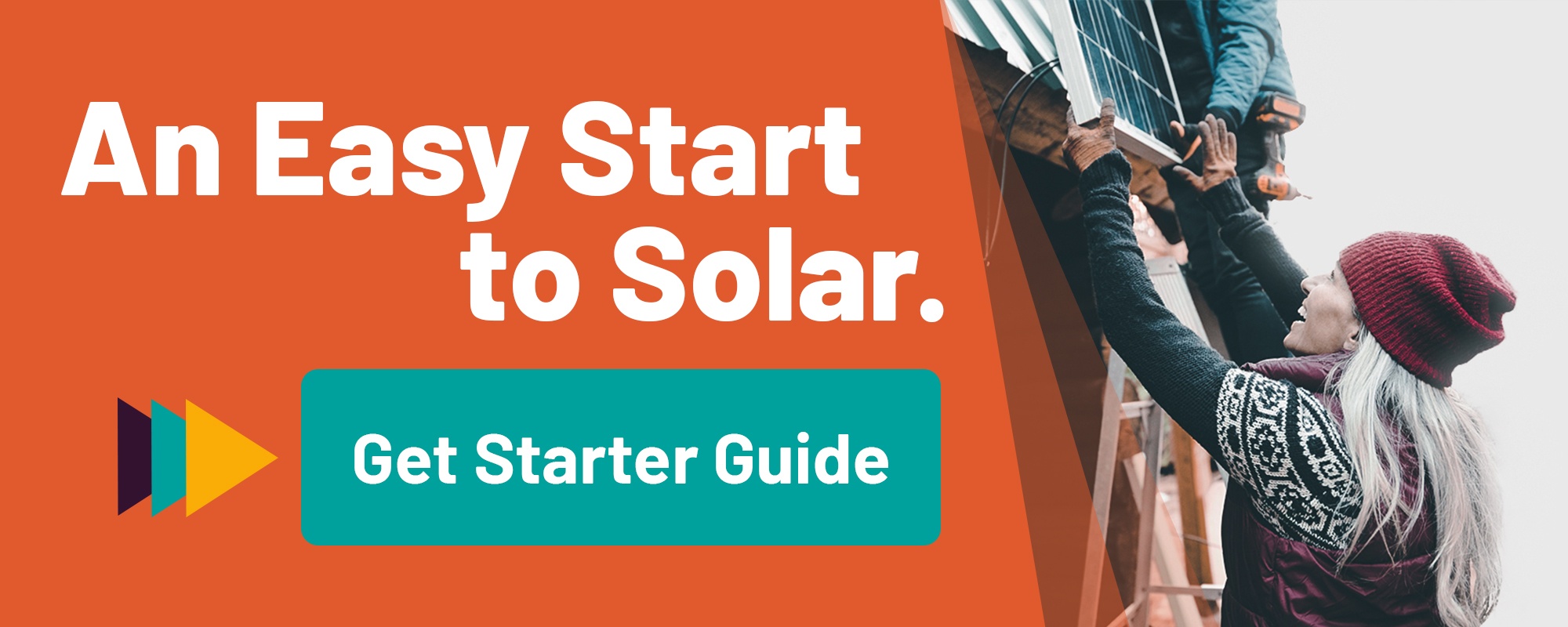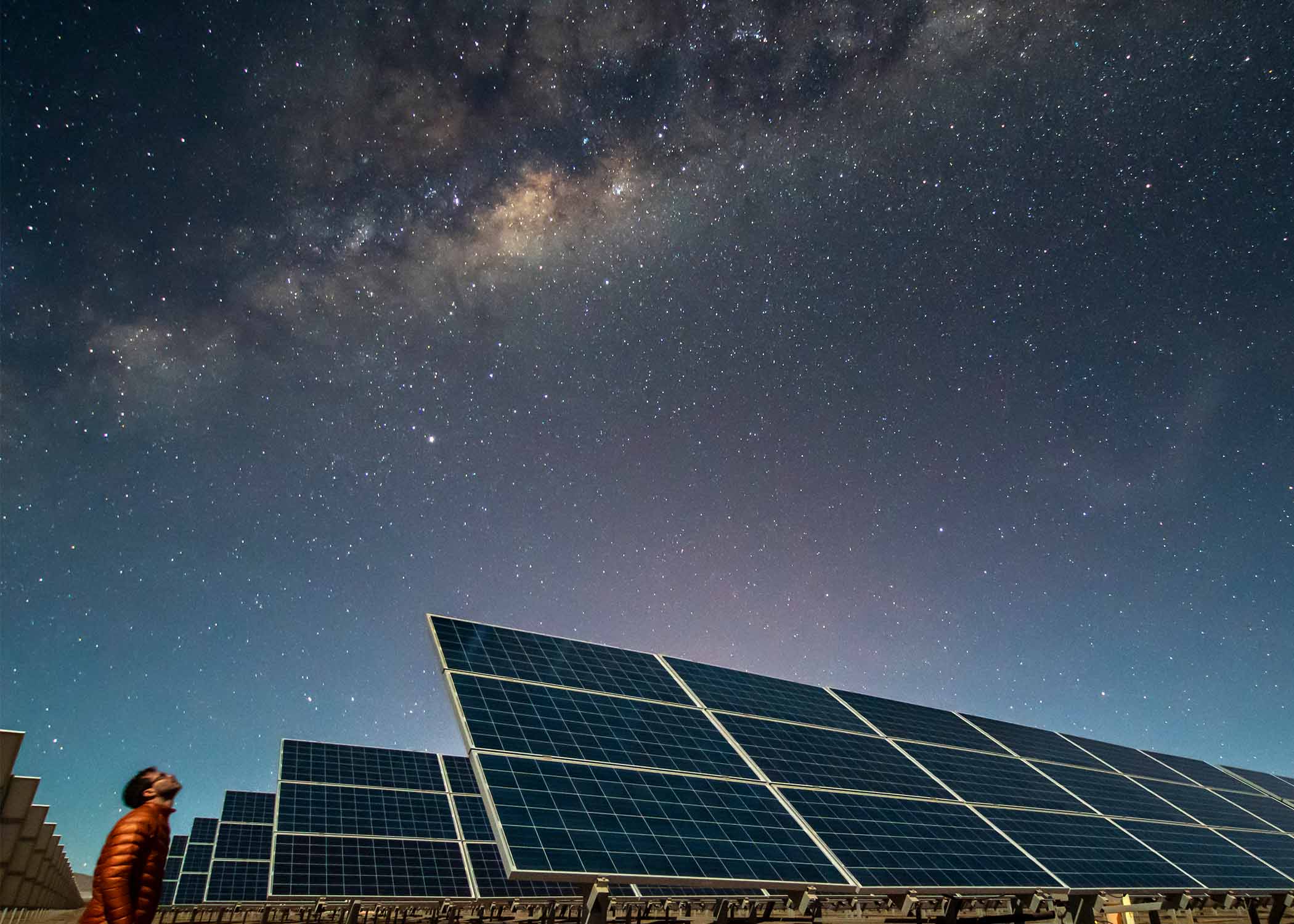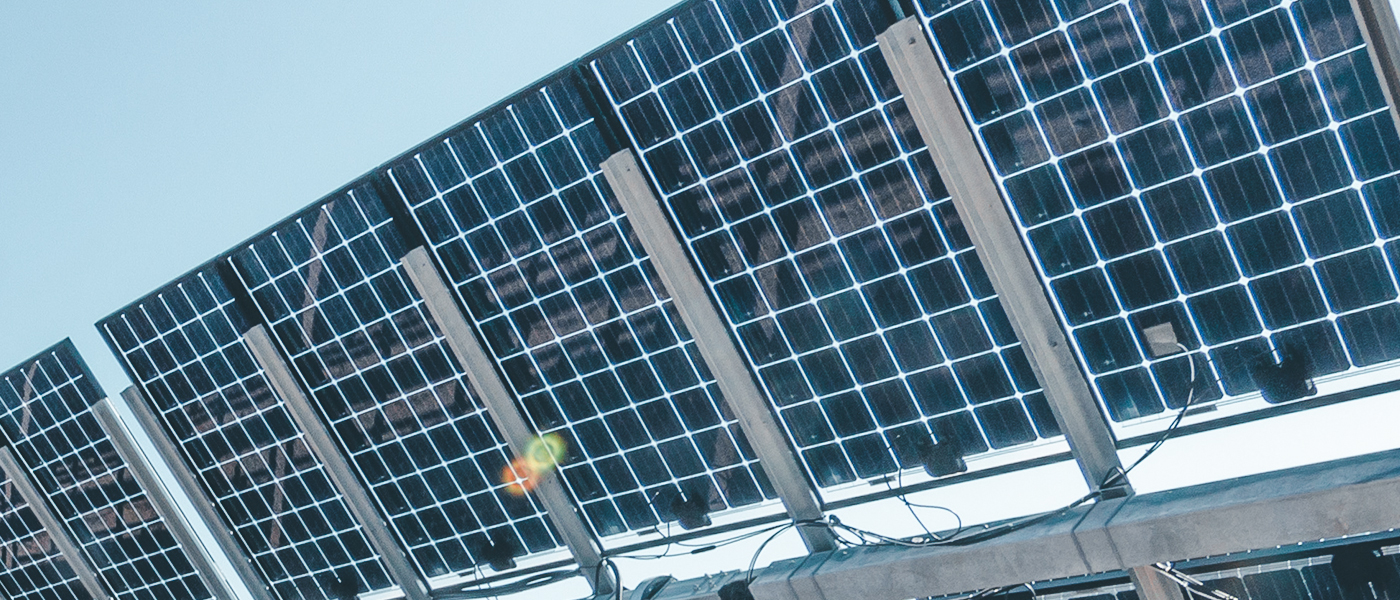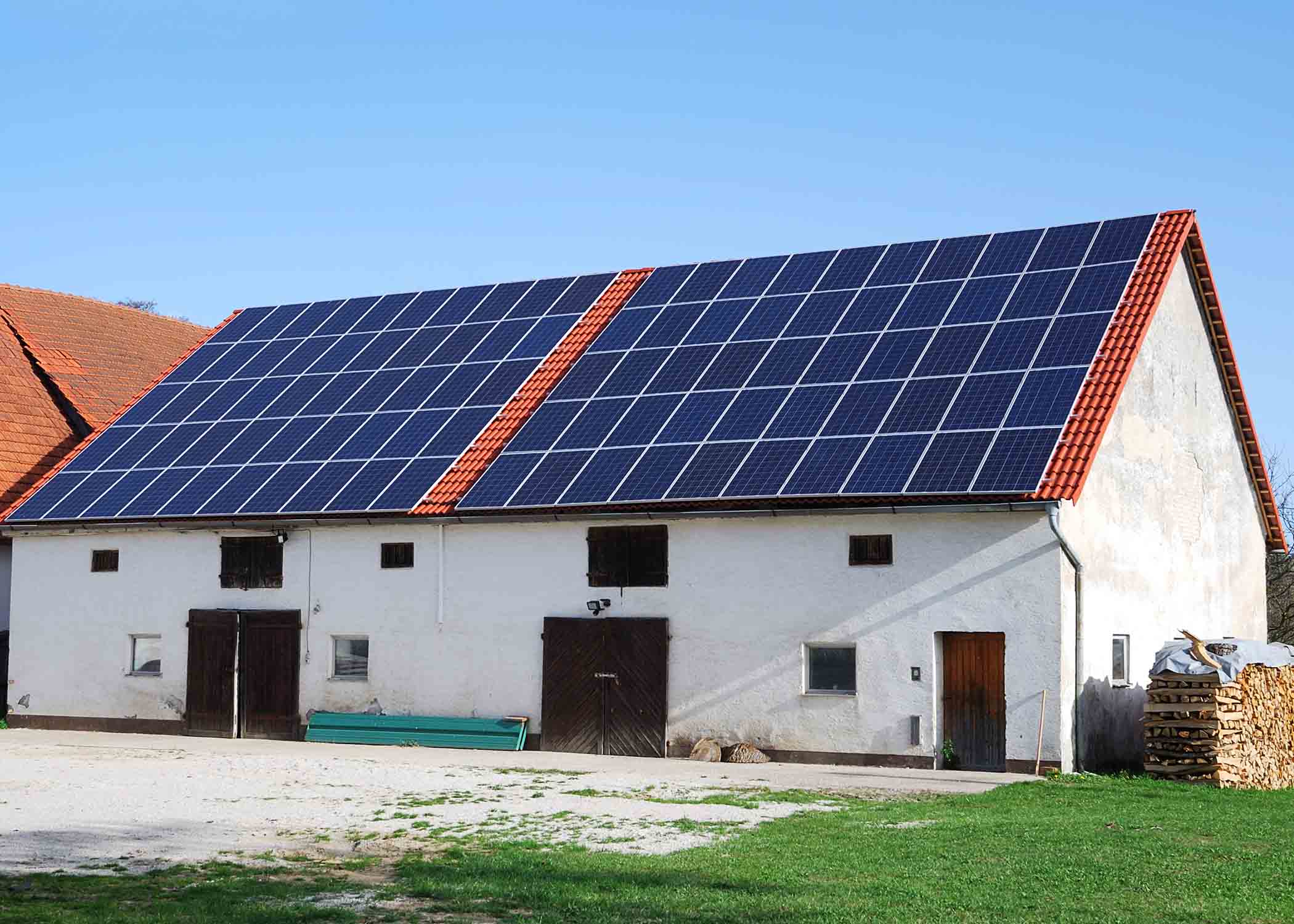Clean energy has been all the rage for several years now.
This is clear as day with more homebuyers demanding solar energy as a ‘must-have feature’ in their homes.
Nowadays, we all know why.
Solar gives back so much:
- A lifetime of savings on electricity bills (and the system pays for itself)
- 26% federal tax credit on total project costs (including equipment, permits, and installation)
- State and local tax incentives
- Decreased dependence on a utility company
- The opportunity to send excess power back to the utility company for credits
- A minimum 4% increase in the value of your home
- A 20% faster home sale if you own the system
- A reduced carbon footprint
There’s only one teeny, tiny glitch. . . .
The upfront costs of a system can be hefty.
But there’s hope!

If you don’t have the cash, financing can be a viable alternative.
We have two broad categories of financing options for solar: secured and unsecured solar loans.
Let’s check’em out!
Obtaining a Loan vs. Leasing
Before snagging financing, homeowners must determine whether they want to lease the solar system or buy it outright with a loan.
Leasing

Leasing will financially destroy you.
How? Why?
The people deserve answers, so here goes.
Instead of buying a solar system, you lease solar equipment the same way you would lease a car.
You pay a monthly lease payment to a solar energy provider.
On the upside, you can save a modest amount of money in the short run because initial costs and regular monthly costs tend to be lower.
But these initial savings can be deceptive.
When leasing, you don’t own the panels, and your agreement comes loaded with sneaky terms and conditions that vary depending on the provider and location.
Contracts are typically 20 years in length, which is no small commitment.

Moreover, you miss out on the benefits of reduced solar costs over time and the financial incentives listed above.
In fact, third-party lease agreements come with 2% – 3% annual escalation rates that have you ultimately paying more than twice as much as it would have cost you to purchase the system outright.
Companies can also charge fees to break your lease, forcing you to deal with their agreement for longer than is reasonable.
And if you plan on selling your home any time soon, a lease will complicate your life.
If you want to sell your home, your new buyer must be willing to take on this contract from hell, killing any potential sales.
If a new buyer doesn’t want to take this on, you could pay a king’s ransom to end the contract.
At the end of the day, you’re forking over thousands upon thousands of dollars that should rightfully be in your pocket.
Loans

Obtaining a loan or otherwise financing your purchase of a solar energy system is the way to go.
The monthly loan payments for the system are lower than the monthly energy savings afforded by solar power.
This can generate savings almost immediately.
In certain states, a secured or unsecured solar loan can be subsidized through low-interest rates.
Solar loans can also:
- Get tax deductions
- Create savings of 55% on average on power over a system’s lifetime
- Allow you to comfortably sell your home
Types of Loans
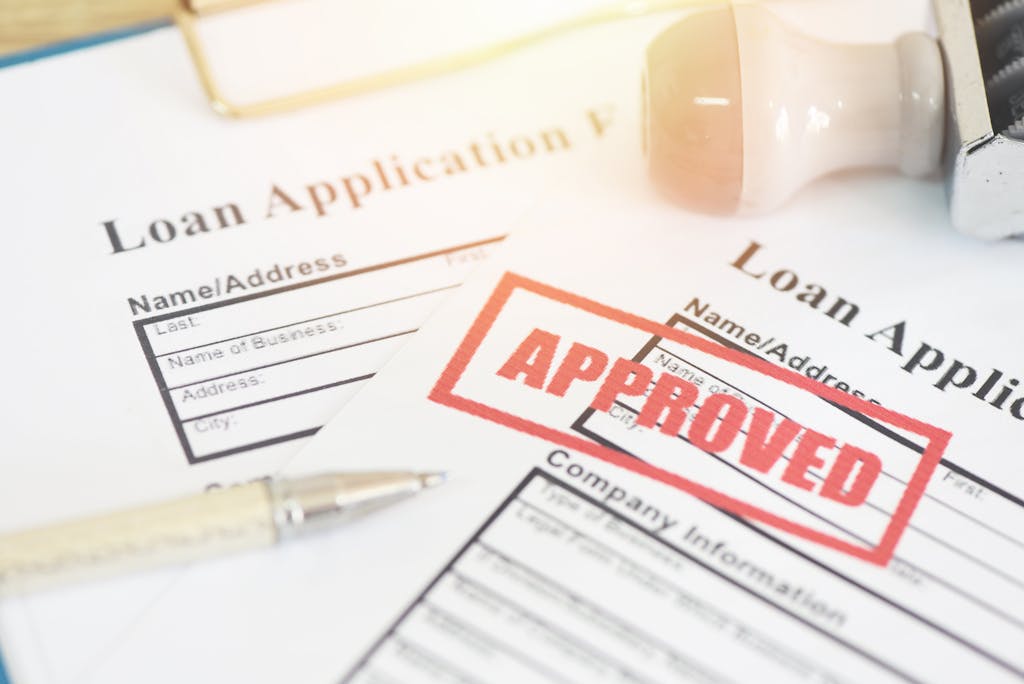
We have a couple of options here: 1) secured and 2) unsecured loans.
Secured Solar Loan
If you’re financially stable, secured loans are an ideal solar financing option for you.
Secured loans use your home as collateral, which minimizes risk to the lender.
There’s one catch.
If you default, you may be forced to sell your home.
Now, this is deadly serious.
But if you’re in a situation where default is highly unlikely, secured loans have important upsides.
Because secured lenders are relatively assured that their loans will be repaid, you’re charged lower interest rates.
If your tax liability is large enough, you may find deductible interest appealing enough to offset some of the risks in providing your home as collateral.
Here are some of the other benefits:
- Tax-deductible interest
- Low interest rates
- PACE, Home Equity, and FHA loans available
- Lower minimum credit scores
- No money down in many cases
So, what are these loans that we just mentioned?
Home Equity Loans

A home equity loan is a type of secured solar loan that allows you to borrow against the value you’ve accrued in your home so far, also known as equity.
Equity can be calculated by simply subtracting the value you still owe on your mortgage from the full value of your home.
These loans are commonly used for home improvement projects and offer a fixed amount with a fixed interest rate.
Home Equity Line of Credit
A home equity line of credit can provide you with a checkbook or credit card secured against your home equity to pay your expenses.
Like a credit card, the amount renews over time, so you can use it to obtain cash that must be repaid.
For some homeowners, this can serve as a good source of emergency funds.
Property Assessed Clean Energy (PACE) Loans
PACE loans are government-issued loans available in certain places.
These use home equity to provide homeowners who might otherwise be denied a loan with opportunities to install a clean energy system.
Federal Housing Administration (FHA) Loans
Federal housing administration loans are tax-deductible-interest loans that are federally insured.
Though your home secures FHA loans, you do not risk foreclosure if you have an FHA, as your insurance backs up the security.
Unsecured Solar Loan
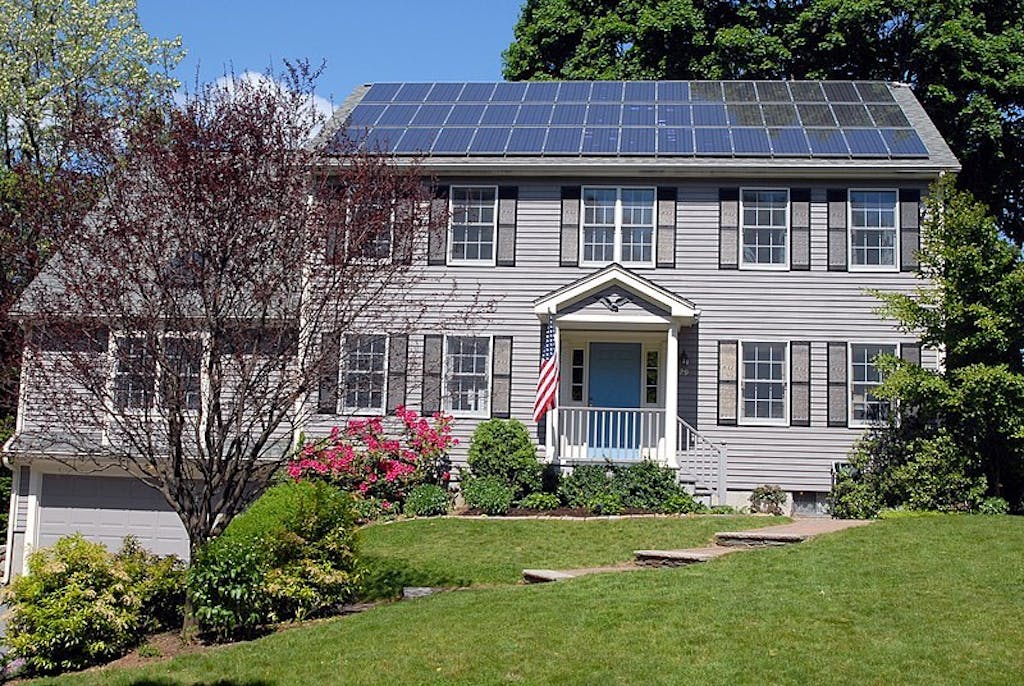
Unsecured loans are a logical counterpart to secured loans.
They do not require collateral, so origination fees and higher interest rates offset this risk.
Because they feature higher interest rates, they have less value over the long term than secured loans.
They can, however, be approved quickly and do not require you to use your home as collateral.
With higher interest rates and fees, an unsecured solar loan generally costs more over time.
If you plan to generate a lot of income in the next few months and years to pay the loan, unsecured loans are viable options for solar financing.
Selling a Home with an Unpaid Loan
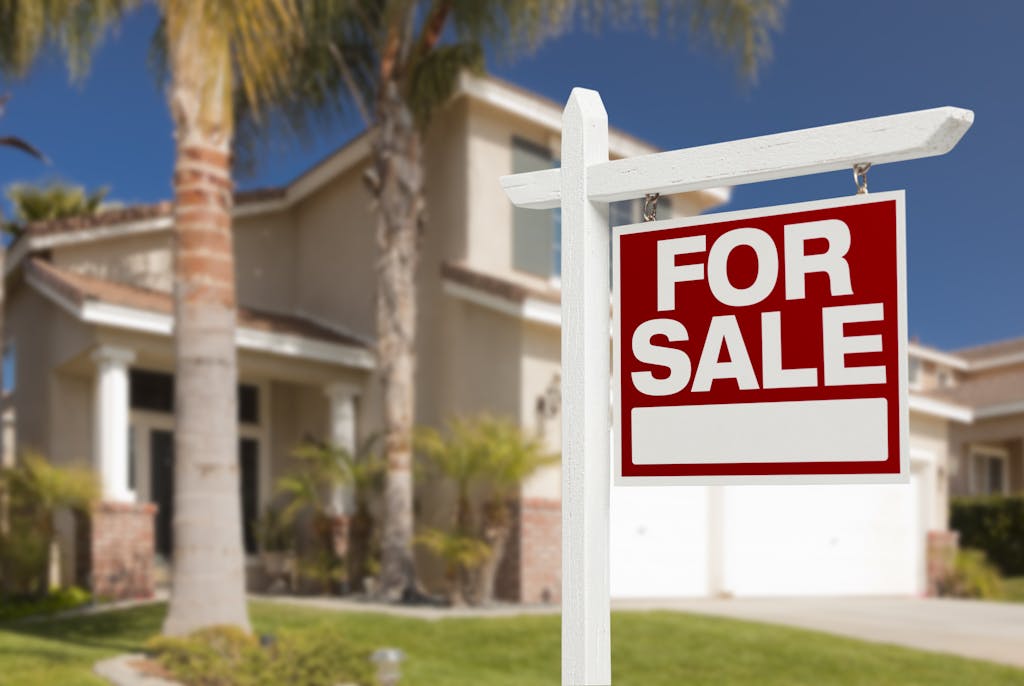
If you have an unpaid secured loan for your solar installation, you may not be able to sell your home outright without first addressing your loan.
Because a secured loan requires your home as collateral, you need to pay off your home entirely before selling it.
Otherwise, the purpose of the collateral would be voided.
Selling with an unsecured loan is less of a problem, but you still must pay the unsecured solar loan, even after you have moved.
Because owned solar panels add value to your home, it’s often possible to pay the loan with the added value alone.
Although you should be wary of prepayment fees, they’re not likely to be high enough to negate your decision to sell.
Lending for Power
Taking out a home improvement loan can feel like a big responsibility.
Though you should only borrow what you can reasonably expect to pay in a relatively short amount of time, an unsecured or secured solar loan can pave your way to owning the solar energy system you have been dreaming of.
There’s no better time than now to start saving with solar power.
Get an estimate today from Unbound Solar®!
